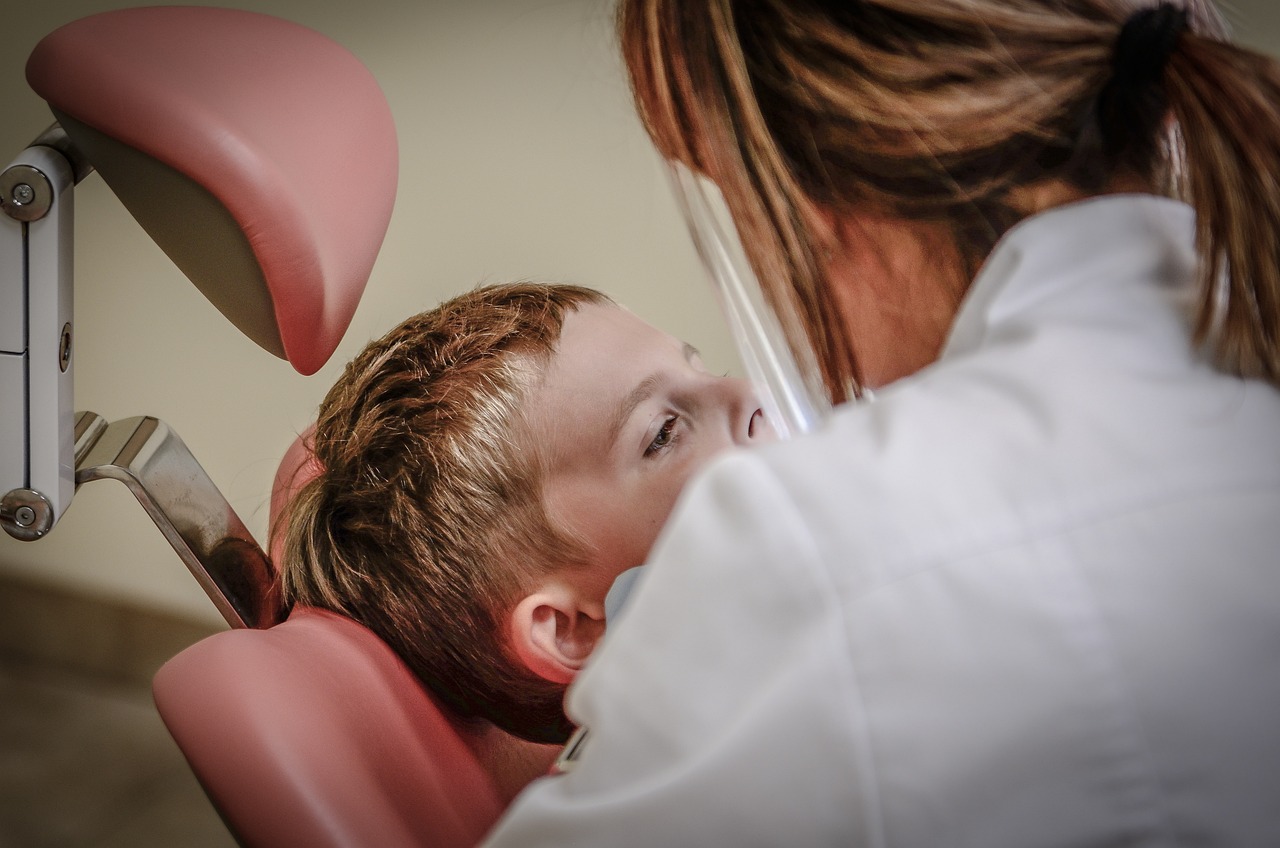11
Nov 2024
Twelve Strategies to Reduce Dental Fear
Published in Travel Tips on November 11, 2024

Dental anxiety can substantially compromise preventative dental procedures as well as general oral health. Understanding the reasons for your dental anxiety and investigating techniques for comfort will benefit you.
Understanding Dental Anxiety
The unpleasant emotions connected with an approaching dental visit are called dental anxiety. When these emotions are really strong, they are sometimes referred to as "dental phobia". Their spectrum might be mild anxiety to severe panic. Dental anxiety can manifest itself as physical ailments, heart palpitations, sleeplessness, or even avoidance of the dentist. While some people may be able to link their general sense of anxiety to particular problems, others may just feel dread without knowing why.
Causes of Dental Anxiety
Usually stemming from a number of causes, dental anxiety is driven by fear. Adverse past events—especially those involving childhood—may cause a lifetime of worry. Particularly those involving the person's childhood events. Seeing scary dental instruments like drills and needles or hearing disturbing tales from others might aggravate these worries. Some worry about possible side effects or feel their discomfort cannot be relieved by the anesthetic. Moreover, feeling powerless or guilty during therapy might cause anxiety, particularly if it concerns looks or cleanliness.
Coping with Dental Anxiety: Practical Tips
Should you discover that you dread seeing the dentist, there are several strategies you can use to control and finally overcome your nervousness. Many under like conditions have found success with the following strategies:
1. Discuss Your Fears with the Dentist
Open and honest communication of your problems will assist to greatly lower anxiety. Many dentists in Northbridge are ready to help people with comparable issues that they often see. By sharing your worries with the dentist, you enable them to adjust the surgery to suit your comfort degree. They can console you, walk you through every stage of a surgery, and, should need, even suggest when to stop treatment.
2. Consider Therapy
Sometimes dental anxiety has underlying reasons, in which case consulting a specialist helps. Cognitive behavioural therapy (CBT) trained therapists can assist you in changing bad ideas and emotions about dental visits. Working with a therapist can enable you to replace your negative ideas with good ones, therefore relieving you of anxiety throughout dental treatment.
3. Use Relaxation Techniques
Using different relaxation techniques helps one lower anxiety before dental visits. Using a stress ball, conducting regulated breathing exercises, and listening to relaxing music are three good strategies for handling tension. Practices that encourage peace and concentration—such as yoga, meditation, or visualisation—may help you mentally get ready for the experience.
4. Try Sedation Dentistry
With sedation or sleep dental work, anxiety can be lowered as can pain and suffering. Local anesthetic, nitrous oxide, and oral sedatives are among the techniques used in sedation dentistry to help dental treatments be more pleasant. See your dentist to find out whether this is the right line of action for you, particularly if you have a great fear of pain.
5. Bring a Companion
Bringing a trustworthy friend with you to your consultation can help you obtain the emotional support you truly need. By being calm, driven, and supportive, a friend may help and encourage you while you're there. Knowing that aid is available might allow one to lower anxiety and enhance the experience.
6. Take Medication for Anxiety
If your anxiety is quite extreme, you might want to discuss anxiety-relieving medications with your dentist. Before and after dental surgeries, anti-anxiety drugs make you feel more relaxed, therefore reducing symptoms such as restlessness, a raised heart rate, and perspiration.
7. Educate Yourself
Learning more about dental techniques might help patients relax. Knowing from reliable sources what to expect during a visit helps you to both physically and psychologically prepare. Learning how to keep your teeth in between visits can help you to keep control and self-worth by means of maintaining the health of your teeth.
8. Make Regular Appointments
Starting a consistent dental schedule helps to progressively reduce anxiety. The appointment gets less terrifying and more pleasant the more times you see the dentist. Developing a rapport with your dentist and following a consistent schedule also assist in lowering anxiety and improving confidence.
9. Practice Self-Care
Good self-care both before and after dental visits can help to reduce anxiety. Avoiding coffee, having a healthy breakfast, and getting enough sleep will help you to remain calm the day before your appointment. Participating in peaceful hobbies or spending time with animals might also improve your mood and get you ready for the visit.
10. Join Support Communities
The shocking frequency of dental anxiety makes it comforting to know that others go through what you do. Online forums provide a space for you to post tales, offer advice, and get help from others going through such circumstances.
11. Find the Right Dentist
One should select a dentist who is aware of their demands. Your experience may be much improved by a dentist who pays attention to your worries, is courteous, and spends some time outlining treatments. Researching alternative dentists will help you discover one if your present one makes you uncomfortable. For example, if you're located near Northbridge, facilities like the Dental Clinic at Royal Perth Hospital are renowned for their patient-centred care, providing a reassuring environment for those with dental anxiety.
12. Be Patient with Yourself
One should understand that conquering dental anxiety takes time. Every action you do to control your anxiety moves one step towards success. Celebrate your achievements in whatever you do; let failures not stop you. If you are tenacious, you might find dental treatment more comfortable.
These techniques might help you to give your oral health top priority and enhance your capacity to control dental anxiety. If you have the correct strategy and support, you may overcome your anxiety about the dentist.









